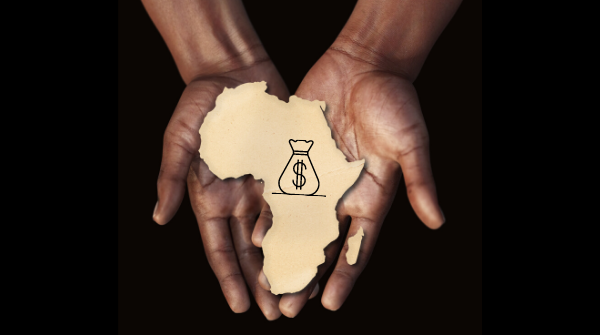Currency traders have blamed the persistent depreciation of the naira and the volatility in Nigeria’s foreign exchange (FX) market on the inconsistent dollar allocations to Bureau De Change (BDC) operators by the Central Bank of Nigeria (CBN). Despite acknowledging the positive effects of the CBN’s dollar sales, BDC operators argue that the irregular frequency of these sales undermines confidence in the FX market, driving more pressure onto the parallel market.
BDC operators have suggested that the CBN should intervene in the retail FX market at least once or twice a week to stabilize the naira and maintain market confidence.
CBN’s Dollar Sales and Market Impact
On July 18, 2024, the CBN approved the sale of $20,000 to each BDC at an exchange rate of ₦1,450 per dollar. This move aimed to alleviate the scarcity of foreign currency at the retail end of the market and to strengthen the naira, which had recently surpassed ₦1,600/$1. The CBN’s decision to allocate dollars to BDC operators came at a time of significant demand pressure and was intended to address distortions in the market that were widening the exchange rate premium between official and parallel markets.
This marked the CBN’s fifth attempt to sell foreign currency to BDCs since lifting a ban on their operations earlier in the year. The ban, which had been imposed in 2021 due to allegations of illegal FX trading, was lifted after the CBN revoked the licenses of over 4,173 BDCs in February 2024.
The dollar sales to BDCs are part of a broader strategy by the CBN to enhance liquidity in the FX market. Other measures include periodic dollar sales to authorized forex dealers and the reintroduction of the Retail Dutch Auction System, through which the CBN sold $876.26 million to end-users via banks.
Challenges with CBN’s Inconsistent Interventions
Despite these interventions, the exchange rate remains volatile, with the dollar trading at around ₦1,590 on the parallel market. BDC operators, however, have expressed concerns about the frequency and reliability of the CBN’s dollar allocations. According to Aminu Gwadebe, President of the Association of Bureau De Change Operators in Nigeria (ABCON), while the CBN’s dollar sales have led to some immediate appreciation of the naira, the inconsistency of these interventions has resulted in ongoing volatility and depreciation.
“The issue is not just about selling dollars once; there needs to be continuity,” Gwadebe stated. He pointed out that after the CBN’s dollar sale on July 18, there were no further sales, causing customers to lose confidence in the market. This lack of regular supply pushes more demand into the parallel market, exacerbating the pressure on the naira.
Gwadebe also mentioned that the operational difficulties in accessing these dollars add to the challenges. He noted that delays in payments to BDCs, sometimes taking three to four days, discourage operators from participating fully in the market.
The Need for Regular Dollar Supply
ABCON has called for more frequent dollar sales by the CBN, suggesting at least weekly interventions to ensure sufficient liquidity in the market. Regular and predictable dollar supply, they argue, would encourage market participants to engage confidently, reducing reliance on the parallel market and stabilizing the naira.
The CBN’s strategic interventions, particularly at the retail end of the FX market, are crucial for enhancing market efficiency. However, the success of these measures depends significantly on the consistency and reliability of dollar allocations to BDC operator









